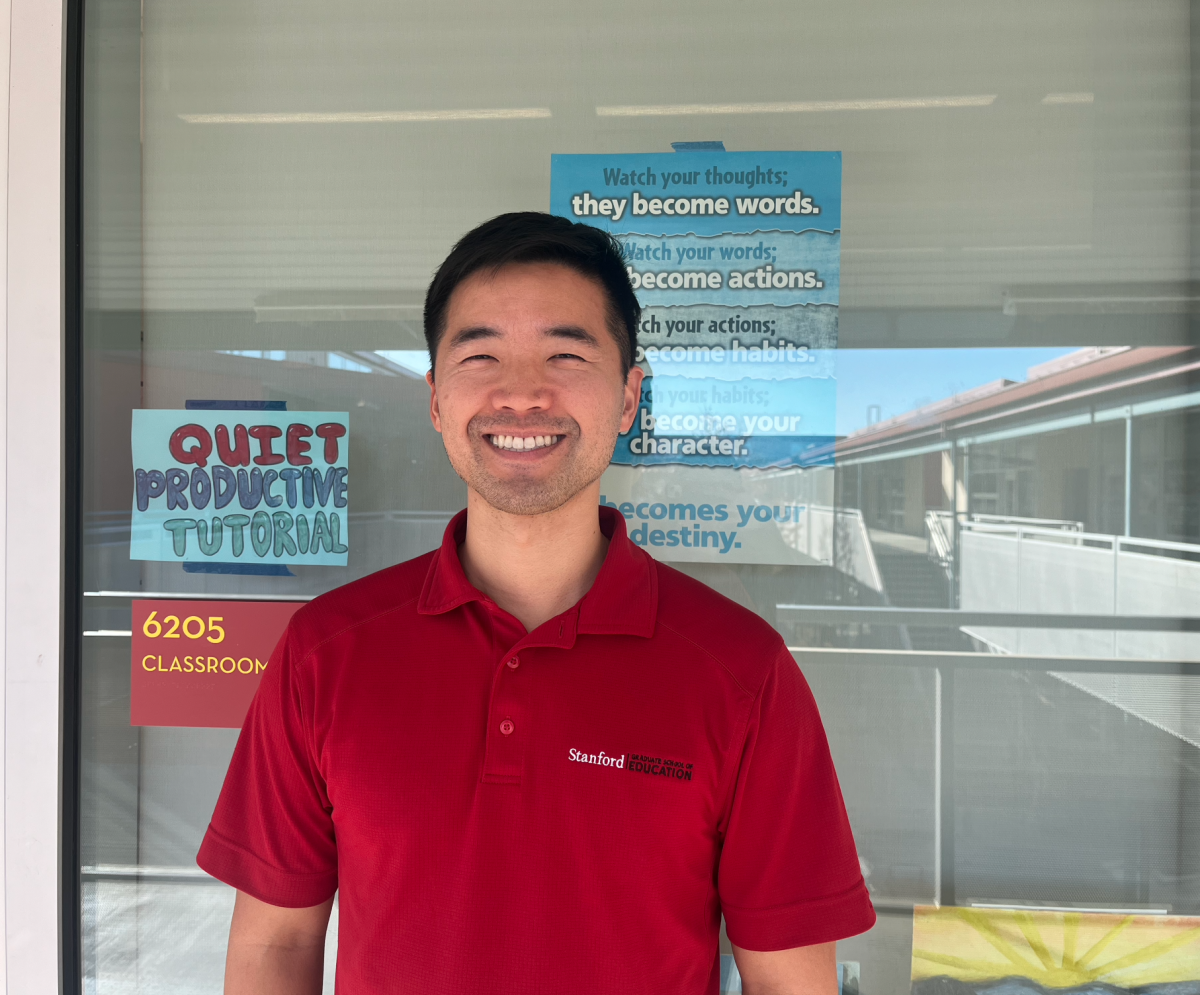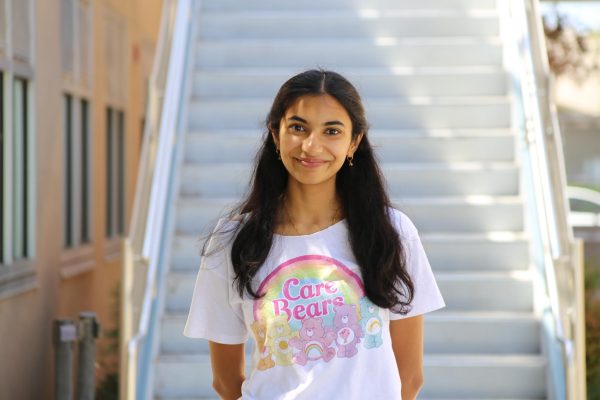As the founder and president of Tino Writers, senior Alisha Sankhe is highly respected among writers in the Cupertino community for her profound grasp of the publishing world. While she frequently finds inspiration from authors such as Jhumpa Lahiri, she also serves as a motivator for many aspiring writers.
Sankhe’s passion for creative writing stems from her life-long love for reading. Said Sankhe, “I was a really big reader. [My mother] read this book called ‘The Jungle ABC’ and I would beg to read that book every day, every single night, sometimes multiple times in the same night until she got sick of it and had to hide it. […] So I guess at some point along the way, I figured, ‘Hey, I like reading so much. What if I did it myself? What if I tried writing a book?’”
Although Sankhe’s interests have expanded and shifted through genres over the years, writing has consistently served her as a means of self-expression. Sankhe initially embarked on her writing journey with her love for horror fiction, completing and aiming to traditionally publish a horror thriller novel at the age of 12. However, her interests have recently shifted towards poetry and forms of prose, such as creative non-fiction.
Sankhe’s journey through traditional publishing involved securing a literary agent by querying various agencies and selecting agents she believed were most likely to be interested in publishing her novel, based on their brief public biography. For instance, Sankhe sought out agents who previously focused on works similar to the novel she had written, tailored for middle school students and featuring women of color. Only after an agent agreed to represent her work did they assist in submitting it to publishing houses.
“Your literary agent is like your college counselor who is helping you apply to colleges, and the colleges are the publishing houses,” Sankhe said.
There are also opportunities for writers to have their work recognized outside of the average publishing process. Up until 2022, a competition called Pitch Madness — or PitMad — took place on X, the platform formerly known as Twitter. This competition involved writers pitching their books in one tweet, under the PitMad hashtag, where agents would actively look through the posts and give writers offers before they were even queried. This contest, and the community it created, resulted in Twitter becoming a vital platform for writers.
Despite securing an agent and progressing significantly in the publishing process, Sankhe still faced numerous obstacles. “Traditional publishing, especially as a 12-year-old, was really, really tough to navigate, because […] there’s just so much rejection that no one prepares you for,” Sankhe said.
A common challenge many writers face in the Bay Area includes maintaining an interest in creative writing while also being in an environment that cultivates a STEM-focused student majority. However, Sankhe has broken the stereotype that one must choose between STEM and the arts by intending to pursue neuroscience as her undergraduate field of study all while continuing to nurture her passion for creative writing.
“I feel like you can’t just have one discipline ruling over everything. That’s just not the way the world works and not the way the world should work,” Sankhe said.
The motivation for Sankhe to be a founder of Tino Writers stemmed primarily from the desire to create a space where like-minded writers could gather to enhance their craft.
“I really wanted to make the writers at the school feel seen,” Sankhe said. “There’s not a lot of spaces unfortunately outside of English class where you can meet other writers and explore your writing skills and literary interests. ”
“We have tons of STEM clubs on this campus, which is great, but I don’t think there had been a single other creative writing club [aside from poetry] for a long, long time,” Sankhe stated.
Sankhe’s favorite part about the writing process is the bursts of creativity she gets in the most unexpected times and ways. Said Sankhe, “It usually ends up happening just laying on my couch in the middle of the night.”
Sankhe often writes about events from her life that have left a lasting impression on her. Said Sankhe, “Some of them are more silly, so I don’t really write about them. Some of them are a little bit more dramatic, so I do write about them.”







